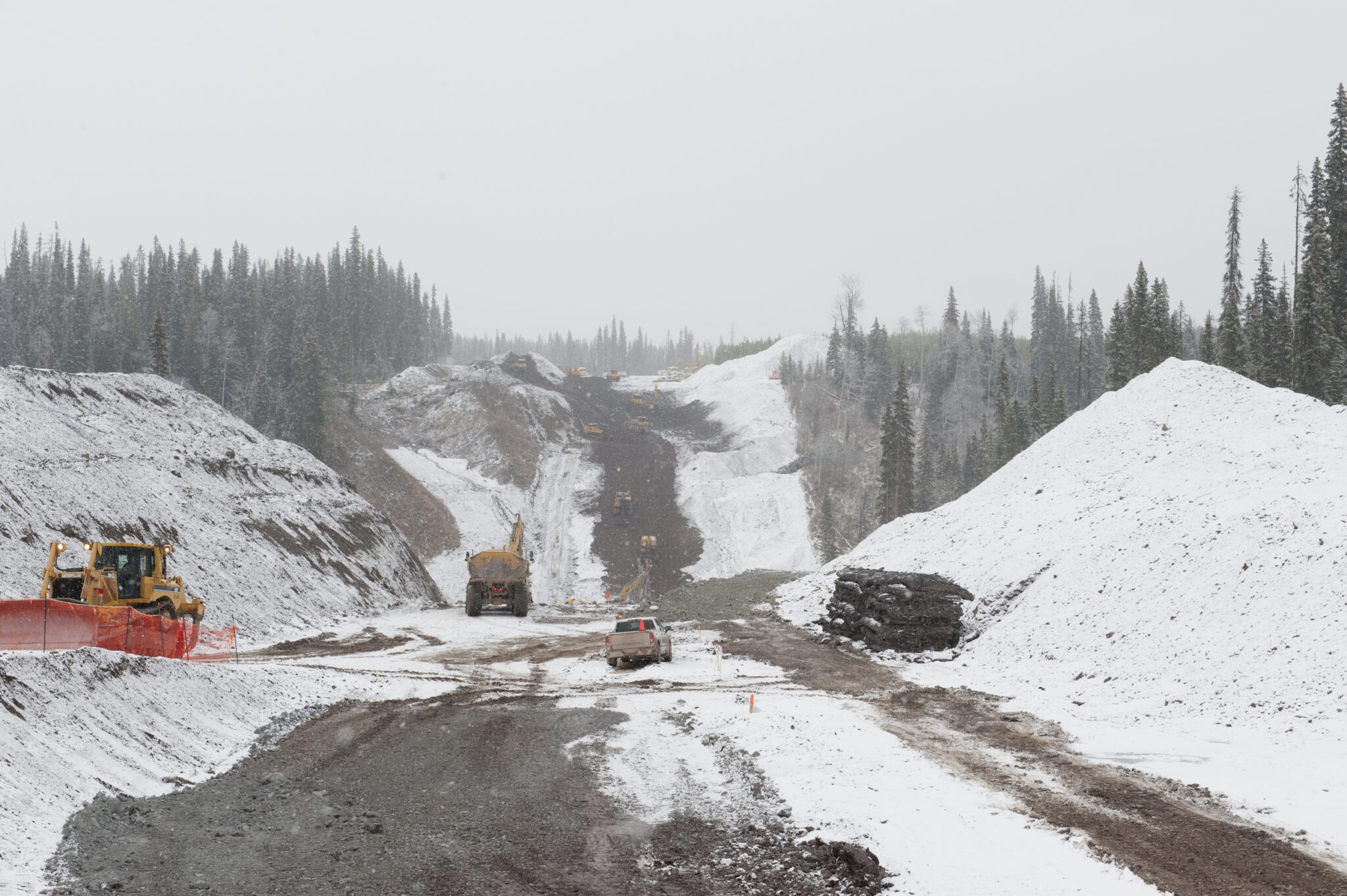
The Narwhal picks up four Canadian Association of Journalists award nominations
From investigative reporting to stunning photography, we’ve been recognized with four 2024 CAJ Awards nods...

|
Get the inside scoop on The Narwhal’s environment and climate reporting by signing up for our free newsletter. On March 17, federal Conservative Leader Pierre Poilievre...
Continue reading
From investigative reporting to stunning photography, we’ve been recognized with four 2024 CAJ Awards nods...

The Narwhal is expanding its reach on video platforms like YouTube and TikTok. First up?...

Locals in the small community of Arborg worry a new Indigenous-led protected area plan would...



